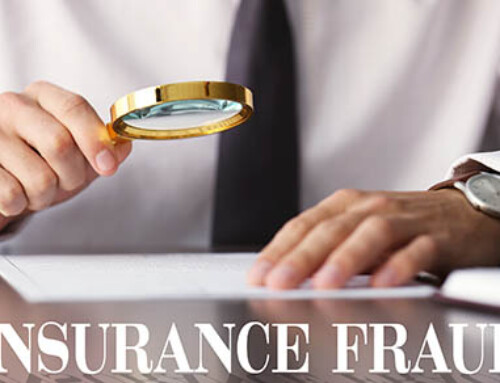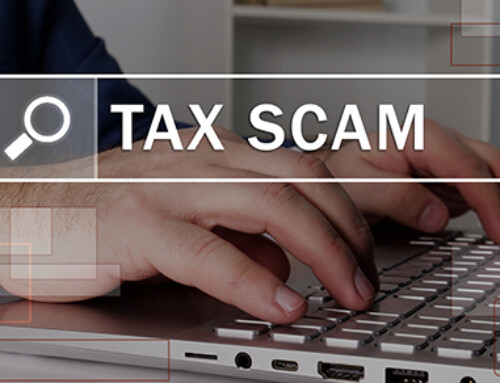The Equifax data breach, which is estimated to have impacted 143 million Americans – nearly half the US population – is considered one of largest data breaches in history. So there is a good chance you or someone you know will be impacted by it. While hackers and scammers have been targeting innocent consumers for decades, this data breach will only complicate matters. But there are steps you can take which should allow you to rest a little easier.
- First, you need to determine if any of your information was exposed or has been manipulated. You can do this by entering your last name and the last six digits of your Social Security number at Equifax’s website. The site will tell you if you’ve been affected by the data breach. Side note- people have reported that one day it will tell them they aren’t affected, but when they try again later they are, so it would be worthwhile to try it a few times to make sure they provide consistent info.
- Whether or not you were exposed, Equifax has set up a free one-year monitoring service called “TrustID Premier” which you can sign up for. TrustID Premier provides: three – bureau credit file monitoring and automated alerts of key changes to your Equifax, Experian, and TransUnion credit files, a copy of your Equifax credit report, allows you to prevent access to your Equifax credit report by 3rd parties with certain exceptions, searches suspicious web sites for your Social Security number, and provides up to $1 million in ID theft insurance. You’ll need to sign up by November 1, 2017 to get this free service.
- In addition to the above, you can temporarily freeze your credit lines. This prevents anyone (including yourself) from opening a line of credit in your name. It’s an inconvenience, but is an added layer of protection from identity theft. Finally, it’s recommended that you do your own monitoring of your accounts. Keep an eye on bank and credit card statements for unusual changes.
Here are some things to watch out for:
- Equifax phone scams. You may receive a call that says “this is Equifax calling to verify your account information.” On its blog, the Federal Trade Commission recently warned consumers that Equifax (just like the IRS) will never call you out of the blue. It’s a scam. Feel free to hang up promptly.
- Another round of fake IRS calls. As if there weren’t enough of these phone calls, hackers may now use the information from the Equifax hack to make it seem that the call you receive from the fake IRS guy is real. For instance, the caller may have your Social Security number and say you owe money. The IRS will rarely call and never email (they like to write letters typically). Once again, hang up the call and don’t provide any info.
- Fake emails or texts. These emails (which have being going on for quite some time) and texts, may appear as if they come from Equifax, the IRS or other companies, will look like the real thing. But chances are, if they are unsolicited, it’s probably nothing more than a phishing attempt to get more info. Hackers or scammers may have some of your info already (phone number, SSN, etc), so it may appear to be the real deal, but most of these attempts are designed to get whatever info they didn’t get via the data breach. Don’t click on the links or respond.
- File your taxes early. Armed with your Social Security number, a fraudster may try to file a tax return in your name to obtain a refund at tax time. One solution: try to file your tax returns next year as early as you can. Hopefully, you’ll file before the potential hacker looking to cash in on your refund (and if you owe, I have a feeling they won’t be paying that tax bill). As a side note, hackers with this information have been know to create an IRS e-service account in order to access federal tax data. If this happens to you, the IRS will send confirmation of the new username and password by mail to your residence, so that is something to look for.
If you have any questions how this might affect your taxes or finances, feel free to contact your Linkenheimer CPA.







Leave A Comment